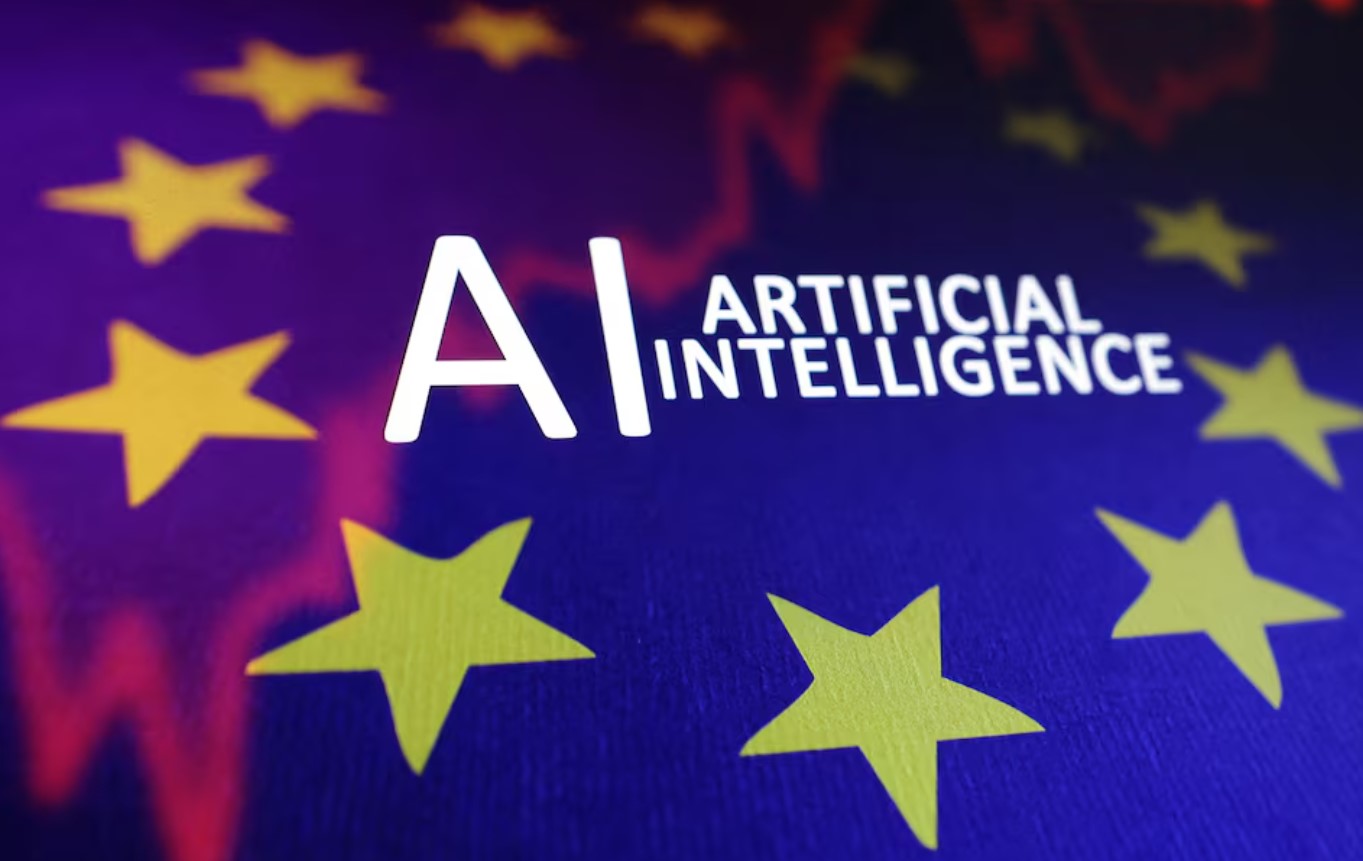The creation, possession and distribution of AI-generated child pornography is now a criminal offence, carrying with it prison sentences of up to 15 years, under a law passed by parliament on Thursday.
The bill’s sponsor, Akel MP Christos Christofides, said this makes Cyprus the first EU member to legally regulate the matter of child sexual abuse content generated by artificial intelligence. The EU itself is currently working on a relevant directive.
Cyprus, he added, is now one of the first countries worldwide to have enacted such legislation. The few other countries that have done so include South Korea, Canada, plus 20 states in the United States of America. In the UK, discussions on such legislation began in February of this year.
According to the MP, with this law the Cypriot parliament “has raised a protective cloak, criminalising a rapidly growing global scourge, giving ammunition to law enforcement and putting a stop to the production of material using artificial intelligence”.
The law amends the definition of ‘child pornography’ to include content created using AI tools or apps. Possessing AI paedophile manuals – which teach people how to use AI for sexual abuse – is now illegal.
The use of AI to generate, possess and distribute child pornography is now a separate criminal offence, punishable by up to 15 years in jail.
Artificially generated child sexual abuse material involves images that are either partly or completely computer generated. Software can ‘nudify’ real images and replace the face of one child with another, creating a realistic image.
In some cases, the real-life voices of children are also used, meaning innocent survivors of abuse are being re-victimised.
Christofides said the availability of such material “enhances the propensity of paedophiles, familiarises users with the idea of sexual abuse of children, and can lead them to real-life actions.
“It creates a digital space where child abuse is presented as a lawful fantasy, creating huge amounts of material, which poses major complications to checking and tackling the phenomenon.”
Citing data, the MP said that worldwide more than 300 million children each year are victims of the production of sexual abuse content with the use of AI tools.
Christofides’ bill passed unanimously.
Present in the House during the debate and the vote were the justice minister, the chief of police and the Commissioner for Children’s Rights.






Click here to change your cookie preferences